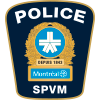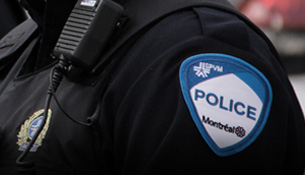Accueil
Erreur - Page non trouvée / Error - Page not Found
Page non trouvée (erreur 404)
Cette page n'existe plus, nous sommes désolés des inconvénients que cela pourrait vous causer.
Vous pouvez nous faire part de vos commentaires à edimestre@spvm.qc.ca

Site officiel du Service de police de la Ville de Montréal
© 2004-2025, tous droits réservés.
Message de bienvenue |
|
|
العربية български Kreyòl Español Italiano ایران Português Deutsch ελληνικά հայերեն |
دری Fon ગુજરાતી Innu Lingala Türk Tiếng việt English Français |
Je veux m'informer
Vous voulez vous renseigner? Consultez nos différentes fiches d’information :


